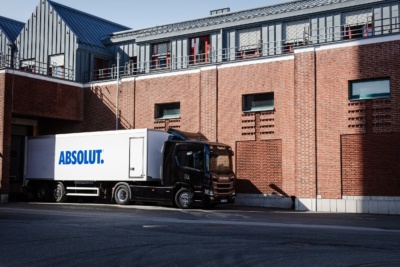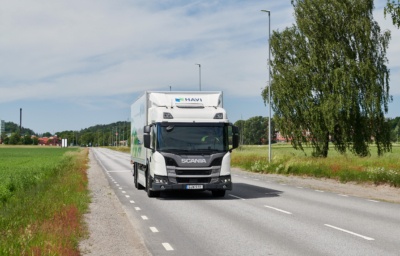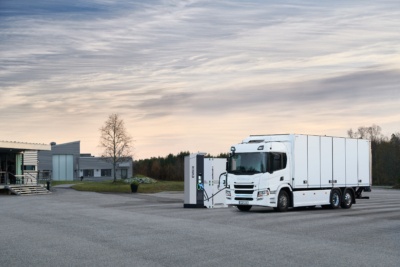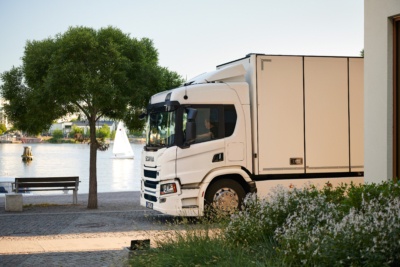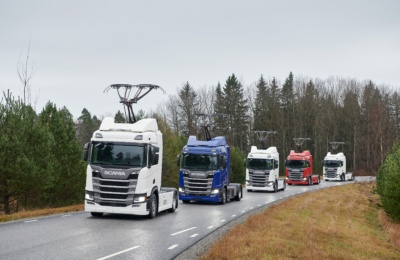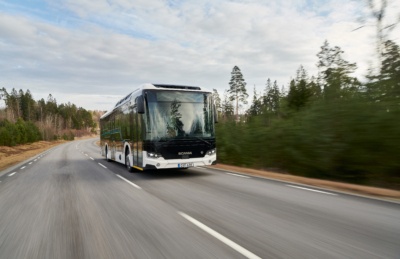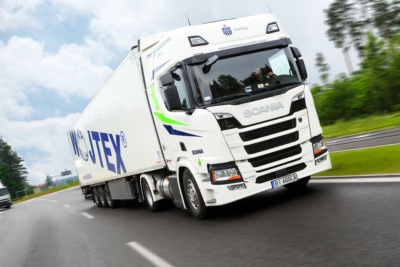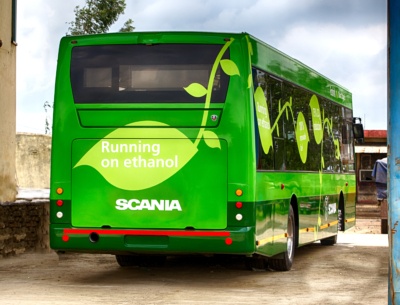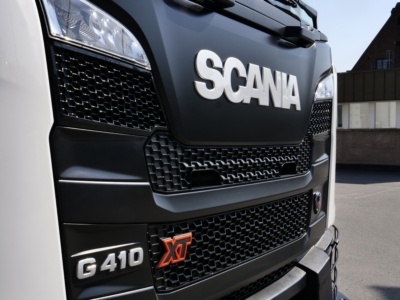Copenhagen’s refuse trucks to be made fully electric
At present, waste management in Copenhagen Municipality is outsourced, but as the current contracts expire, waste-to-energy company Amager Resource Center (ARC) will take over the operation and collection of household waste, which will be done with new, fully electric trucks, most of them coming from Scania. The plan is for the first electric trucks to be in service as soon as next year.
The Danish capital has an ambitious plan to be carbon neutral already in 2025.With the electric refuse trucks the city of Copenhagen is one step closer to its goal.
“An exciting project”
“This is a really exciting project. The trucks are only one part of the transition,
because it is also about new locations and about the charging infrastructure, which is
a huge project in itself. The plan is for the trucks to go out twice a day and charge in
the interim period. Fast charging will take place between the two shifts, and regular
charging will take place during the night, outside the peak hours, when the power is
greenest and cheapest,” says Per Fischer, Contract Manager at ARC.
The plan is for at least 100 fully electric refuse trucks to be collecting Copenhagen’s
waste by 2025.
Although the decision to make the major investment in electric trucks was made with
a view to becoming carbon neutral, there are also other benefits for Copenhagen
residents, Per Fischer explains:
“For the residents in the municipality this means two things. Firstly, there will be less
particle pollution in the air, as the electric engine is completely emission-free.
Secondly, the noise from the refuse trucks will be significantly reduced when they are
electric, because in the future you will only be able to hear the noise of the bins being
emptied.”
Scania investing in electricity
The order from ARC and Copenhagen Municipality paves the way for the green transport sector.
“This order is evidence of an ambitious municipality that is taking the green agenda very seriously. So it is an incredibly exciting project to be taking part in,” says Anton Freiesleben, Sales Director at Scania Denmark.
“Copenhagen is at the forefront in this area – also in a global context. So there are a lot of people following this project around the world.”
Scania estimates that in 2025 electrified vehicles will account for around 10 per cent
of the Group’s vehicle sales in Europe – a figure they expect to increase to as much
as 50 per cent by 2030.
In addition, in the coming years, Scania has committed to
launching at least one electrically powered vehicle in its bus and truck range each
year.
The trucks that will collect Copenhagen residents’ waste from 2022 are: Scania L25
(L for low-entry city cab and 25 refers to the electric motor’s power, which is 230 kW
(310 hp) continuous power and 295 kW (400 hp) peak power). The model was
launched in 2020.
